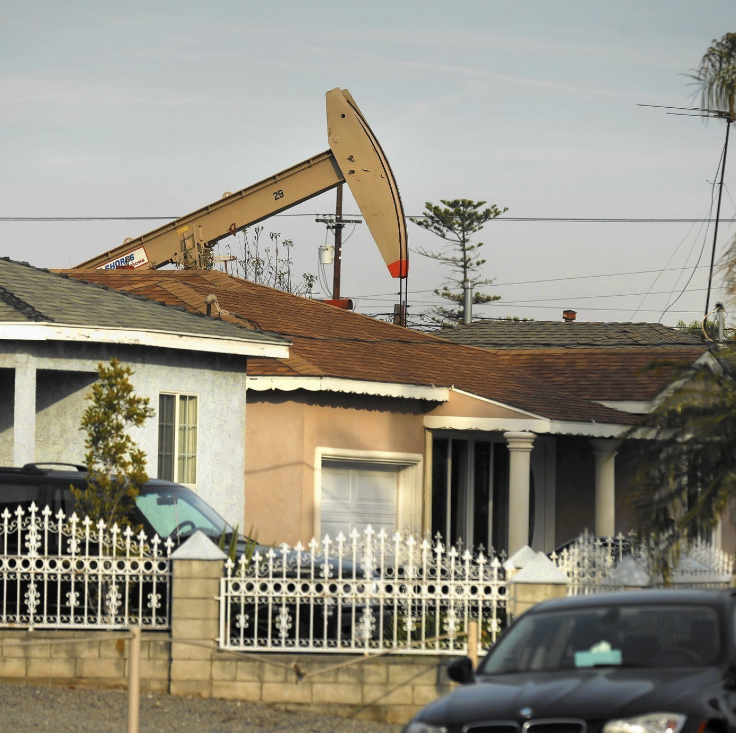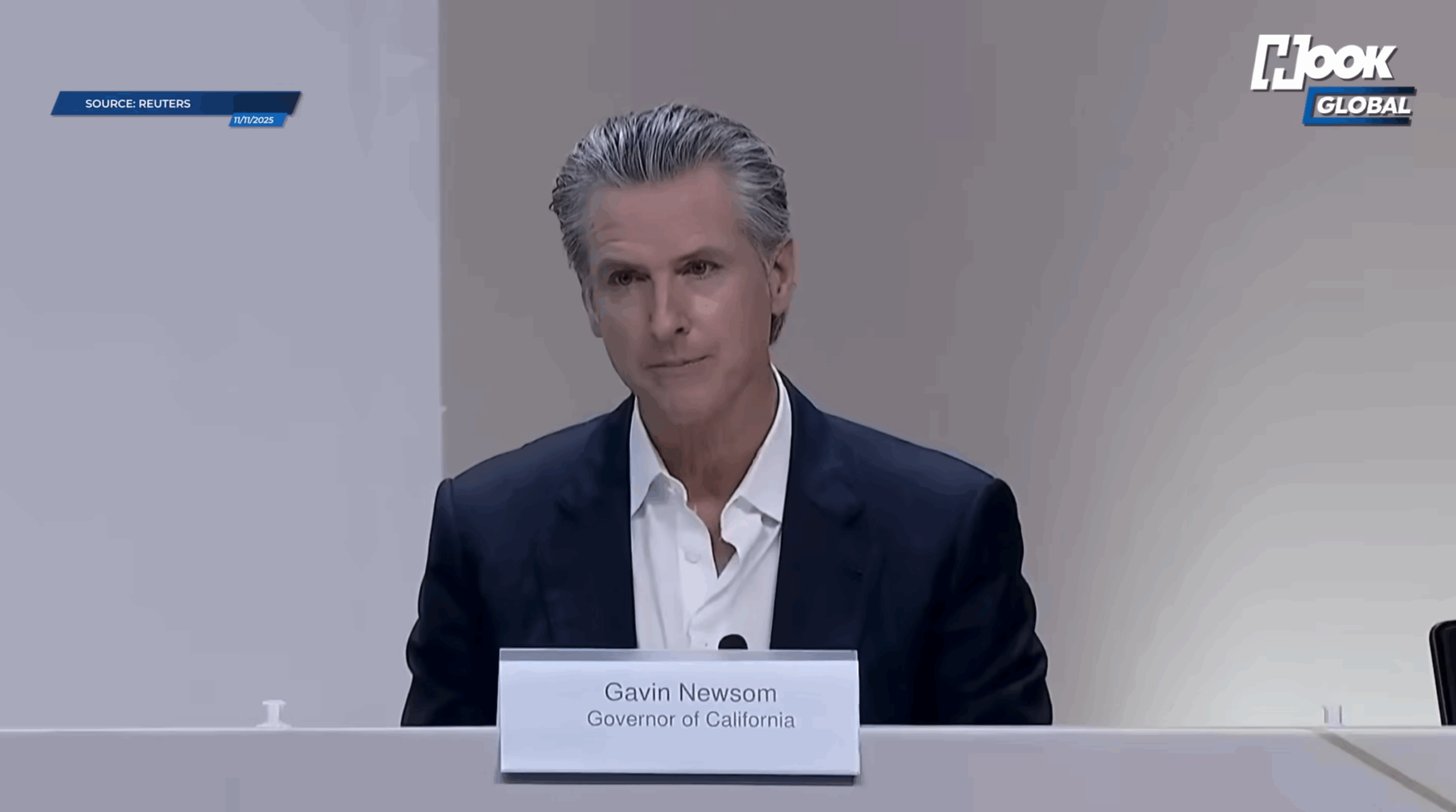Innovative Policy in L.A. County Could Ignite Just Transition
While Protecting Residents From a Legacy of Toxic Emissions
CULVER CITY, CA—Last night, Culver City councilmembers took the first necessary steps to phase out oil extraction in the city’s 78-acre portion of the Inglewood Oil Field. After a presentation on the amortization study commissioned by the Oil Subcommittee, and virtual public testimony, the council unanimously directed staff to develop a framework and timeline for the phase out of active wells. Diverse stakeholders gave testimony in favor of the motion from labor unions including United Steelworkers Local 675, California Nurses Association, and Jobs to Move America, environmental organizations from Sierra Club, NRDC, Food & Water Action, Center for Biological Diversity and renewable energy advocates including GRID Alternatives and the Clean Power Alliance in addition to many local residents and medical professionals.
Urban oil extraction and production have long exposed Los Angeles residents to toxic emissions and dangerous chemicals in their own neighborhoods. Oil production sites use and emit known carcinogens and endocrine disruptors, like benzene and formaldehyde, fine and ultra-fine particulate matter, and hydrogen sulfide. All of these chemicals have proven records of toxicity and are known to cause health impacts ranging from nosebleeds to chronic headaches, increased risks of asthma and other respiratory illnesses, and increased risk of cancer.
“Every day nurses across California treat children with asthma and we see firsthand the connection between environmental and public health,” said Tveen Kirkpatrick, R.N. wth California Nurses Association/ National Nurses United. “We are proud to stand with the communities closest to toxic operations in Culver City and call for a shutdown of the Inglewood Oil Field. California should look beyond fossils to a future where workers and communities don’t pay the price for the oil industry’s pollution with their bodies.”
Over one million people live within five miles of the massive Inglewood Oil Field, the largest urban oilfield in the nation, sprawled across Culver City and the historically African American neighborhood of Baldwin Hills. For decades, residents have called on local and state elected officials to strengthen health and safety protections from industrial oil operations near their homes, schools and parks. With Culver City now advancing plans to phase out existing oil wells, local environmental justice, labor and health advocates are urging councilmembers to seize this opportunity to model a Just Transition. They have sent multiple letters to Heather Baker, Assistant City Attorney, calling for the city to hold oil operators responsible for cleanup costs, and ensure that a properly trained and local unionized workforce is paid a living wage for the remediation of wells.
“As the oil industry inevitably declines in California, it’s critical that we have public policy that ensures a just transition to a clean energy economy and responsible clean-up of existing wells,” said Monica Embrey, Associate Director of the Sierra Club’s Beyond Dirty Fuels campaign. “It’s time for elected leaders in the City of Los Angeles, Los Angeles County, and the entire State of California to take a lesson from Culver City and take meaningful action to protect workers and frontline communities.”
Culver City’s climate leadership stands in contrast to last week’s decision by state senators in the Natural Resources and Water Committee to reject AB 345, a bill that would have required regulators to establish a statewide minimum setback distance from oil wells and communities. Advocates across the state are hoping that Culver City’s decision to pursue a phase out of active oil wells emboldens Governor Gavin Newsom and oil regulators at California Geologic Energy Management Division (CalGEM) to protect the communities living fence line to oil operations. Last November Governor Newsom directed CalGEM to strengthen health and safety rules and over 40,000 Californians submitted testimony in support of a 2,500-ft. mandated setback during the preliminary public meetings.
“By closing the book on urban oil drilling in Culver City, City Council has opened the door to a proactive transition process that can live up to the city’s values.” said Ethan Senser, Southern California Organizer with Food & Water Action. “State and local officials should take note. Once we agree that fossil fuel infrastructure does not belong near our homes, we can start the conversation on what communities actually need instead.”
“We’re heartened that the city council took this important step to protect Culver City’s communities and our climate from oil industry pollution,” said Maya Golden-Krasner, a senior attorney with the Center for Biological Diversity. “Now more than ever, the transition to a clean energy future promises the jobs and the just investment we need to create a healthy, vibrant, prosperous community for decades to come.”
Advocates are also hoping that the move by Culver City paves the way for L.A. City and County officials, who have also said they are considering health and safety setback regulations, but have not yet taken action.
“We congratulate Culver City on this big step toward a just transition away from fossil fuels and toward a more sustainable future. It is encouraging to see a local government that creates policy based on science, compassion, and long-term vision, recognizing that acting for environmental and climate justice is an opportunity to create economic benefits for its residents,” said Bahram Fazeli, Policy Director for Communities for a Better Environment and Co-Chair of STAND-L.A. “We hope that the Los Angeles City Council and the Los Angeles County Board of Supervisors are watching closely and observing that holding the oil companies accountable and protecting workers and communities are two sides of the same coin.”
“Culver City’s leadership is showing other local governments how to start a just and equitable transition away from dirty fossil fuels and toward clean energy,” said Damon Nagami, a senior attorney with NRDC (Natural Resources Defense Council). “This type of phase-out of oil drilling operations needs to happen across our state and country today, not tomorrow.”




